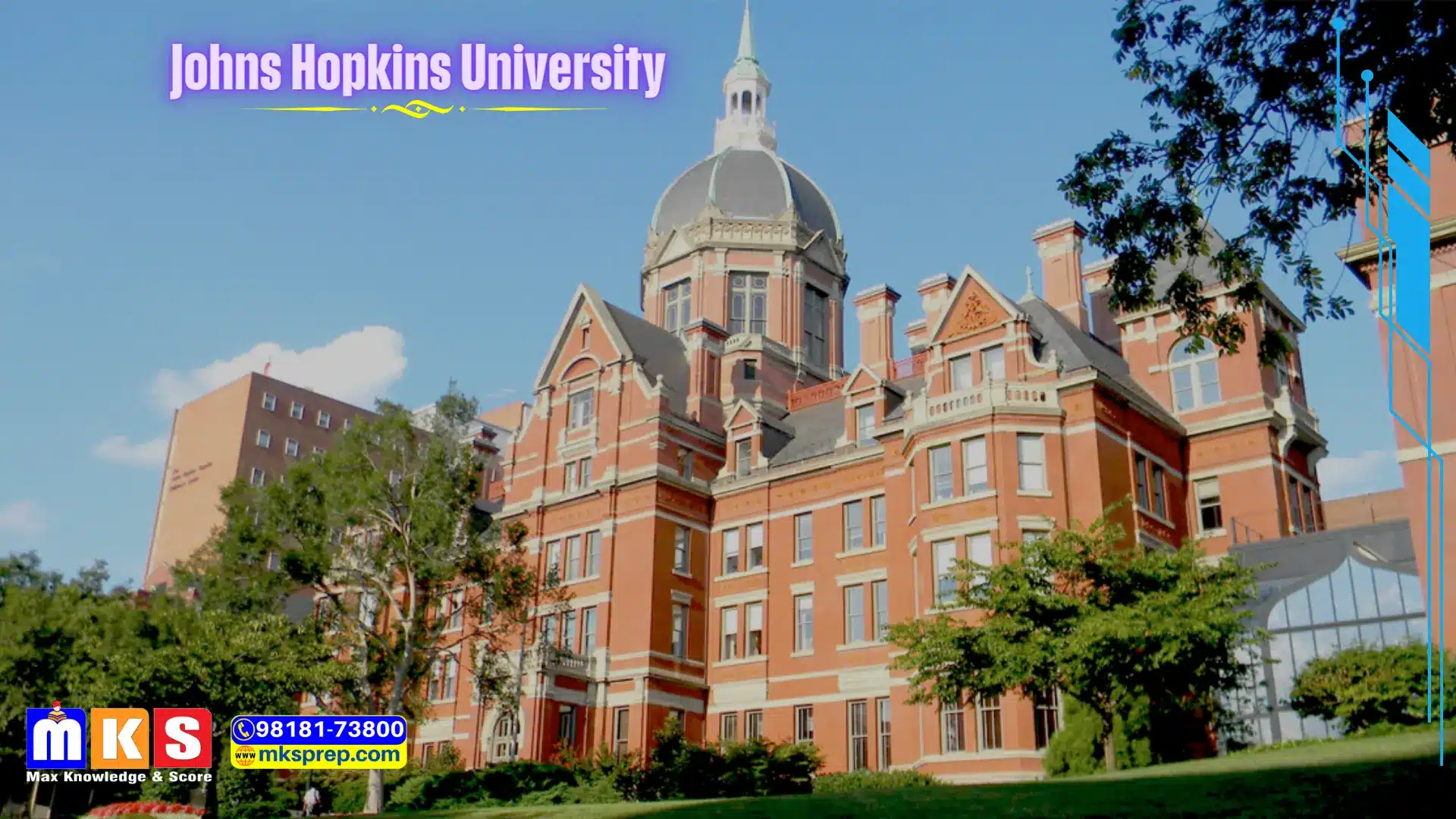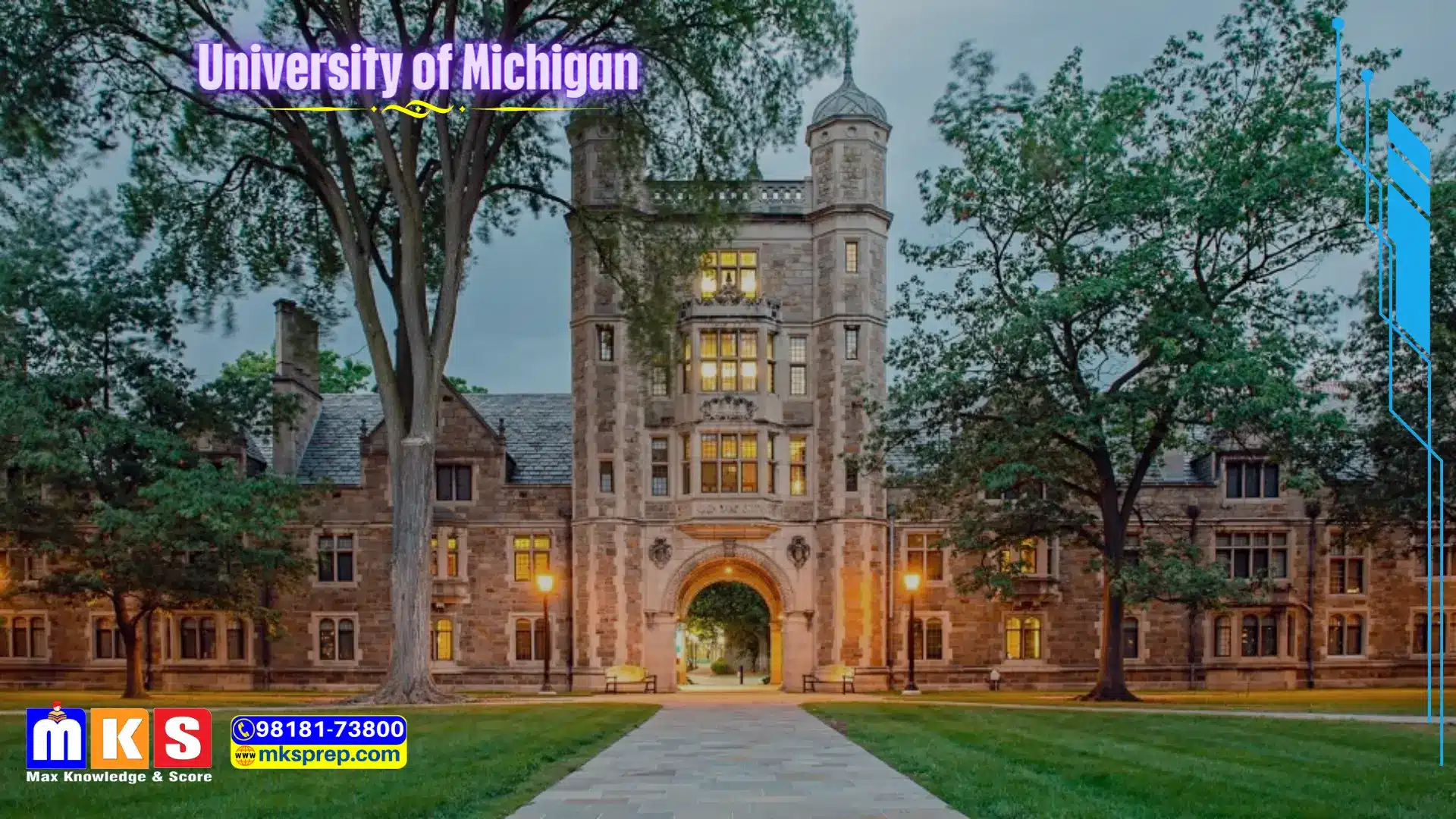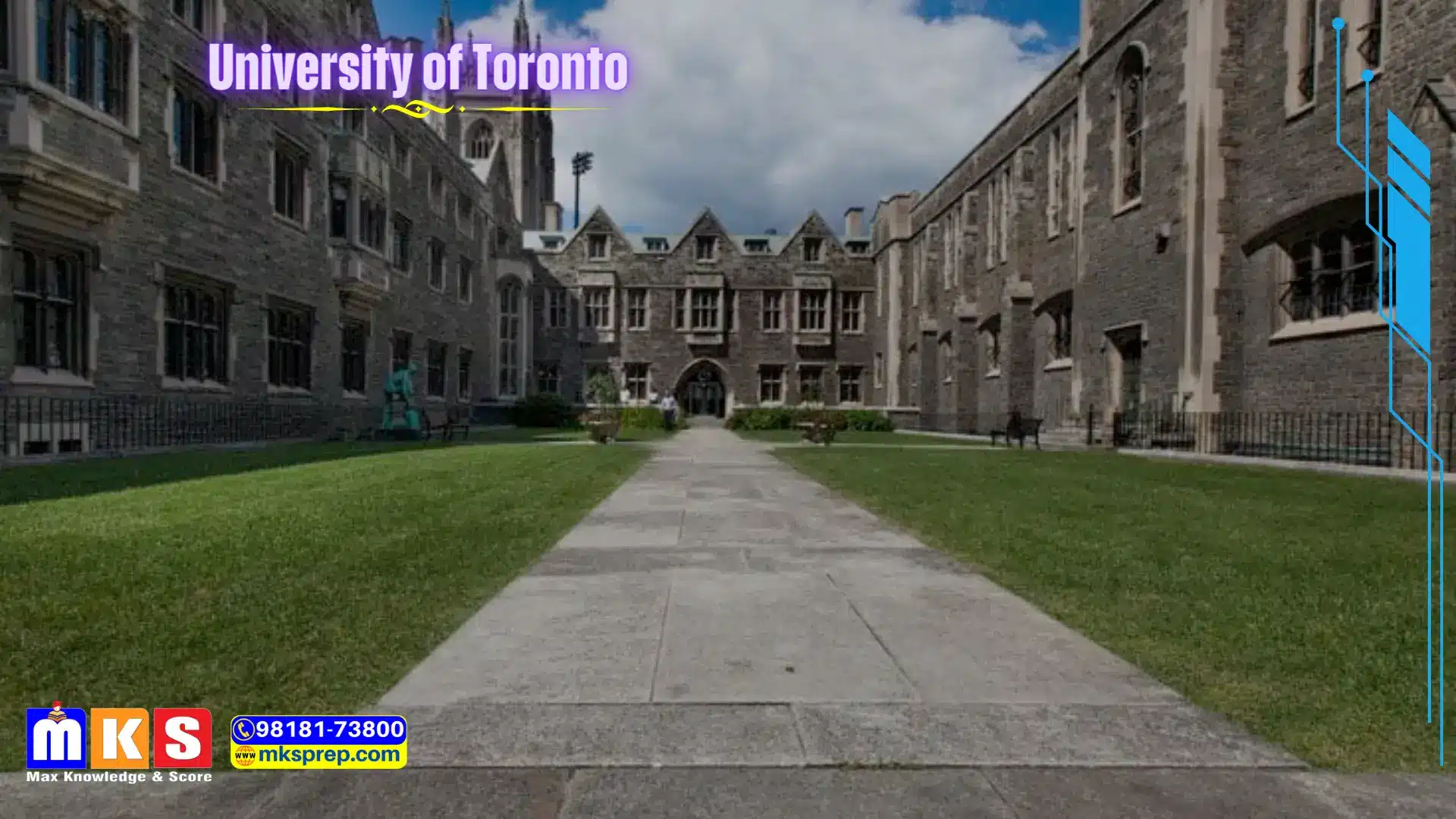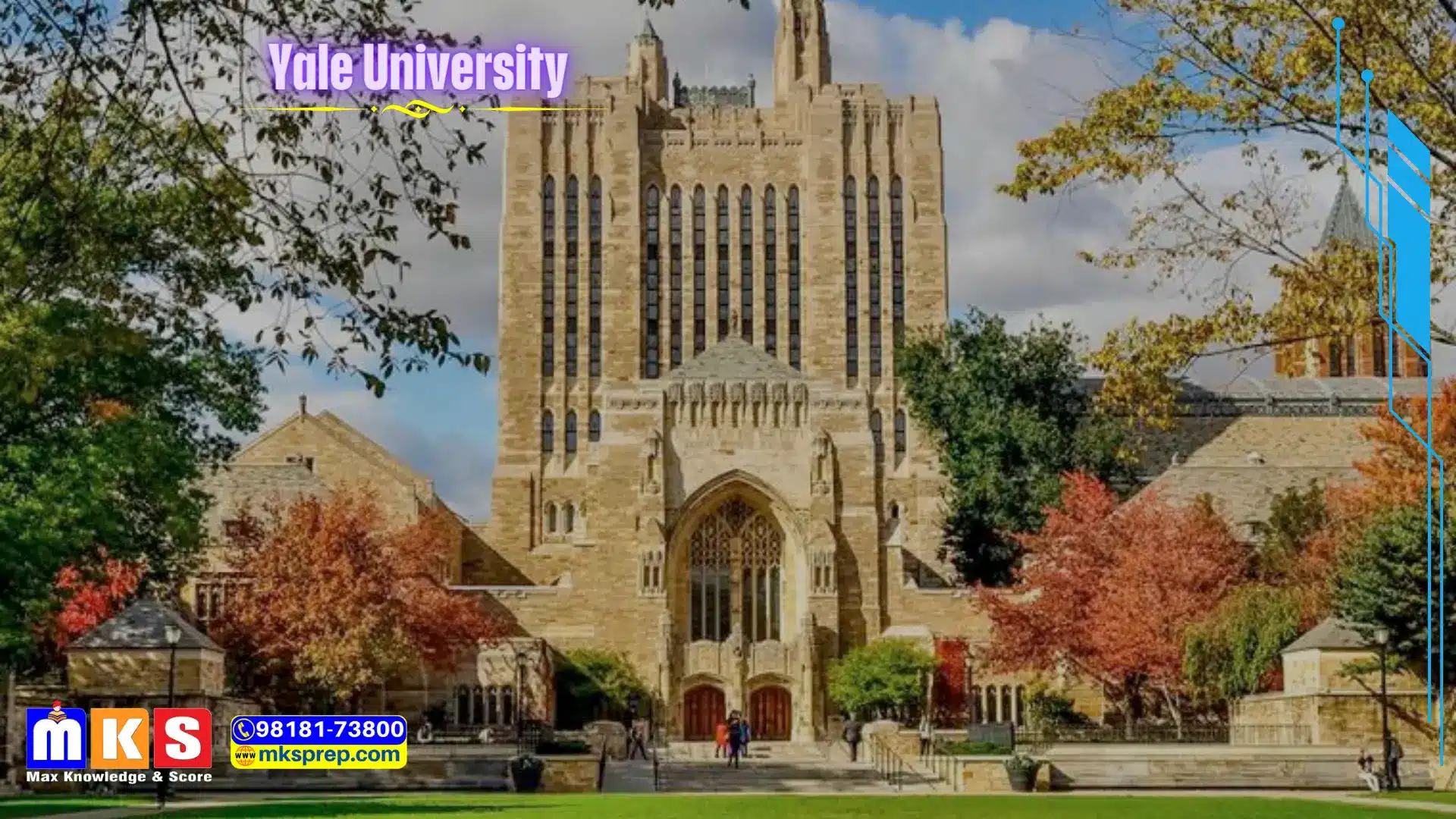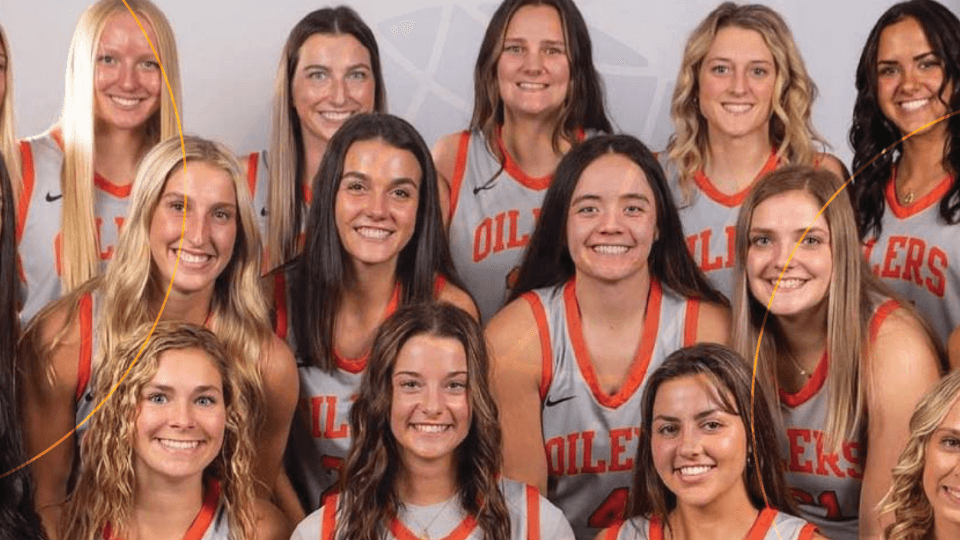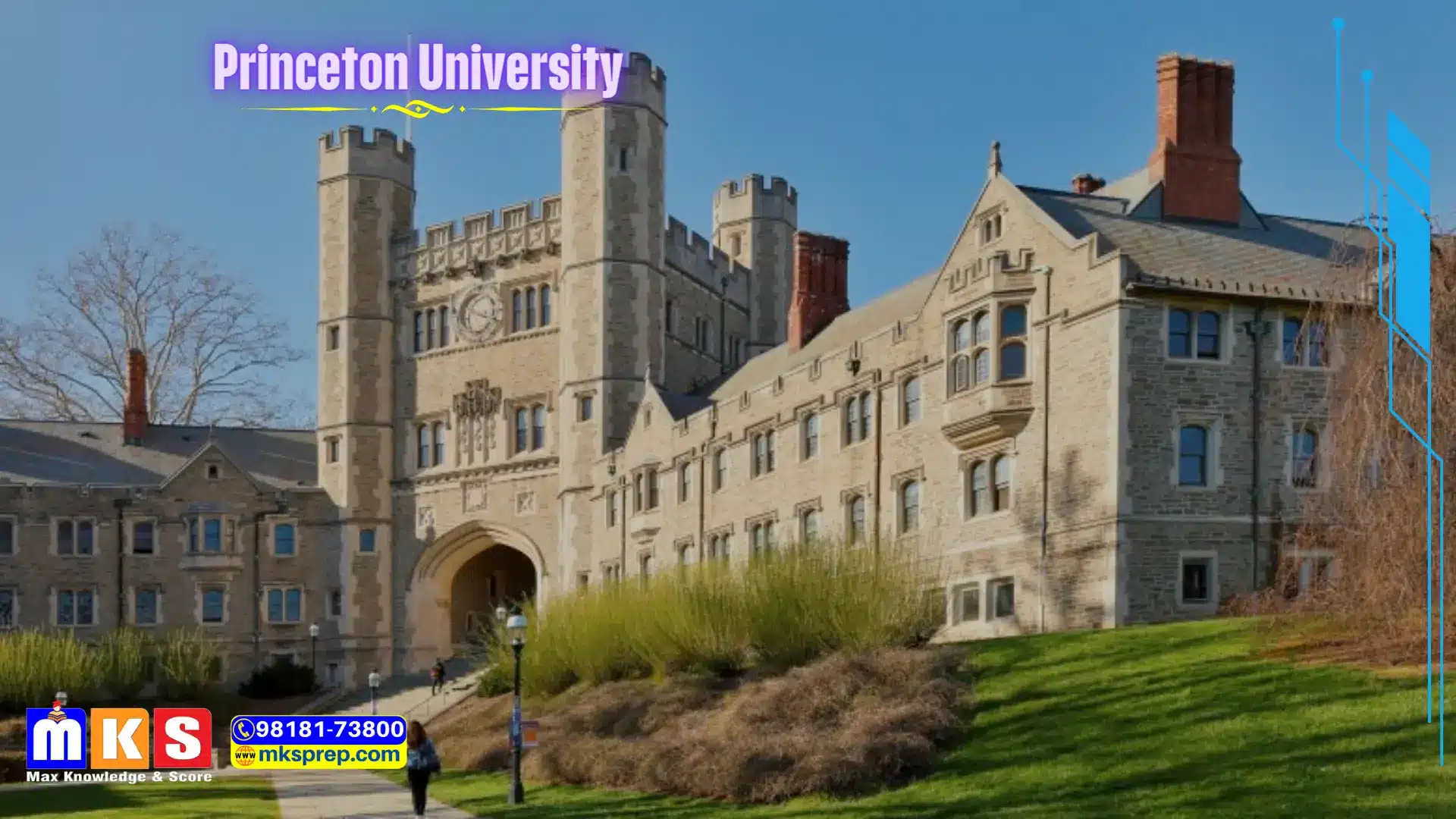
Princeton University
Address
[ratemypost]
If you are interested in studying at this college, please fill out the form. Our counselor will reach out to you soon.
Explore more options
Share on social media.
INTRODUCTIONS
Princeton University was founded in 1746, making it one of the oldest higher education institutions in the U.S. The private university was initially called the College of New Jersey but was changed to Princeton in 1896. The university is located in Princeton, New Jersey, around 50 miles southwest of New York City. Some 8,000 students attend Princeton and nearly two-thirds study at the undergraduate level. About 12 percent of undergraduates and more than 40 percent of graduate students at Princeton are international. Housing is guaranteed for all four years, and nearly all undergraduates reside on campus. Princeton has six undergraduate residential colleges – communities that offer academic and social programs for students. A large number of graduate students, around 70 percent, also live in university housing.
The Ivy League university comprises an undergraduate college, a graduate school, the School of Architecture, the highly ranked School of Engineering and Applied Science, and the Woodrow Wilson School of Public and International Affairs. Princeton undergrads can choose from more than 30 academic concentrations. The primary language of instruction is English, and the academic calendar is semester-based. Research at Princeton is conducted across four broad disciplines: engineering and applied sciences, humanities, natural sciences, and social sciences. The university is affiliated with two national laboratories, the U.S. Department of Energy’s Princeton Plasma Physics Laboratory and the National Oceanic and Atmospheric Administration’s Geophysical Fluid Dynamics Laboratory. The latter lab specializes in climate research and modeling.
Rankings
Princeton University is ranked #16 in Best Global Universities. Schools are rated according to their performance across a set of widely accepted indicators of excellence.
Global Universities Rankings
#16 in Best Global Universities (tie)
Subject Rankings
#26 in Arts and Humanities
#47 in Biology and Biochemistry
#64 in Cell Biology
#161 in Chemical Engineering
#23 in Chemistry
#381 in Clinical Medicine (tie)
#40 in Computer Science
#8 in Condensed Matter Physics
#18 in Economics and Business
#17 in Electrical and Electronic Engineering
#172 in Energy and Fuels (tie)
#106 in Engineering
#26 in Environment/Ecology
#15 in Geosciences
#169 in Materials Science
#3 in Mathematics
#120 in Mechanical Engineering (tie)
#16 in Meteorology and Atmospheric Sciences
#160 in Microbiology
#46 in Molecular Biology and Genetics (tie)
#73 in Neuroscience and Behavior
#115 in Optics
#178 in Physical Chemistry (tie)
#9 in Physics
#12 in Plant and Animal Science (tie)
#51 in Psychiatry/Psychology
#74 n Social Sciences and Public Health (tie)
#5 in Space Science
Student Demographics:
- Approximately 8,000 students attend Princeton, with almost two-thirds studying at the undergraduate level.
- Internationally diverse, around 12% of undergraduates and over 40% of graduate students are from various countries.
- Housing is guaranteed for undergraduates all four years, with almost all undergraduates living on campus.
- Princeton features six undergraduate residential colleges, providing academic and social programs.
Academic Divisions:
- Princeton comprises an undergraduate college, a graduate school, the School of Architecture, the School of Engineering and Applied Science, and the Woodrow Wilson School of Public and International Affairs.
- More than 30 academic concentrations are available for Princeton undergraduates.
Language and Calendar:
- The primary language of instruction at Princeton is English.
- The academic calendar is semester-based.
Research and Affiliations:
- Research at Princeton spans four main disciplines: engineering and applied sciences, humanities, natural sciences, and social sciences.
- The university is affiliated with two national laboratories: the U.S. Department of Energy’s Princeton Plasma Physics Laboratory and the National Oceanic and Atmospheric Administration’s Geophysical Fluid Dynamics Laboratory, specializing in climate research.
Global Rankings:
- Ranked #16 in Best Global Universities, Princeton University is recognized for its academic excellence on a global scale.
- Subject rankings highlight strengths in mathematics, physics, economics, and engineering.
Indicator Rankings (2022-2023):
- Princeton’s global research reputation is ranked #8, reflecting its academic standing.
- The university excels in various indicators across disciplines, including publications, normalized citation impact, and international collaboration.
Subject-Specific Rankings:
- Princeton is highly ranked in specific subjects, such as #3 in Mathematics, #9 in Physics, #18 in Economics and Business, and #26 in Arts and Humanities.
- The university’s influence extends across diverse fields like Chemistry, Computer Science, Engineering, and Social Sciences.
Campus Life and Facilities:
- Princeton University’s campus is known for its picturesque setting and Gothic architecture.
- The Firestone Library, one of the largest open-stack libraries globally, supports extensive research and learning.
- Various cultural and recreational facilities enrich campus life, including museums, theaters, and sports complexes.
Undergraduate Residential Colleges:
- The six residential colleges foster a sense of community among undergraduates.
- Each college has its director and dean, providing academic and personal support to students.
- Residential colleges contribute to a vibrant social life with events, performances, and gatherings.
Graduate Programs and Research Centers:
- The graduate school at Princeton offers advanced degrees across various disciplines, attracting scholars worldwide.
- Numerous research centers and institutes focus on specialized areas, contributing to cutting-edge discoveries and advancements.
International Collaboration and Partnerships:
- Princeton’s commitment to global engagement is reflected in its international collaboration rankings.
- Partnerships with institutions worldwide and collaborative research initiatives contribute to a diverse and dynamic academic environment.
Student Organizations and Activities:
- Many student organizations cater to diverse interests, including academic, cultural, recreational, and community service groups.
- Campus activities, events, and traditions create a vibrant and inclusive student life experience.
Alumni Achievements:
- Princeton boasts an impressive list of alums who have made significant contributions in various fields, including Nobel laureates, Pulitzer Prize winners, and leaders in academia, business, and government.
Admissions and Selectivity:
- Princeton University is highly selective in its admissions process, considering academic achievements, extracurricular activities, and personal qualities.
- The university’s commitment to diversity is evident in its efforts to create an inclusive and equitable admissions process.
Sustainability Initiatives:
- Princeton is actively involved in sustainability efforts, including campus-wide initiatives to reduce environmental impact and promote eco-friendly practices.
- Research and academic programs also focus on addressing global environmental challenges.
Community Engagement and Service:
- Princeton encourages students to engage in community service and social impact initiatives.
- Programs like the Pace Center for Civic Engagement provide resources for students to contribute to the community through service and advocacy.
Athletics and Sports:
- Princeton’s athletic teams, known as the Tigers, compete in the Ivy League and NCAA Division I.
- The university has a strong tradition in various sports, and the campus features state-of-the-art athletic facilities.
Ongoing Research and Innovations:
- Princeton remains at the forefront of research and innovation, with ongoing projects in artificial intelligence, renewable energy, and fundamental scientific inquiries.
- The university’s contributions to advancements in knowledge continue to shape various academic disciplines.
Community Values and Inclusivity:
- Princeton emphasizes values of diversity, equity, and inclusion, fostering a campus culture that values the perspectives and contributions of all community members.
- Initiatives and programs aim to create an environment where everyone feels respected and supported.
Conclusion:
Princeton University’s commitment to providing a holistic and enriching educational experience extends beyond academics. With a focus on community, diversity, and innovation, Princeton continues to shape the future of education and contribute to the betterment of society. Prospective students, faculty, and partners can explore the diverse facets of Princeton’s dynamic and vibrant community.
FAQS




























